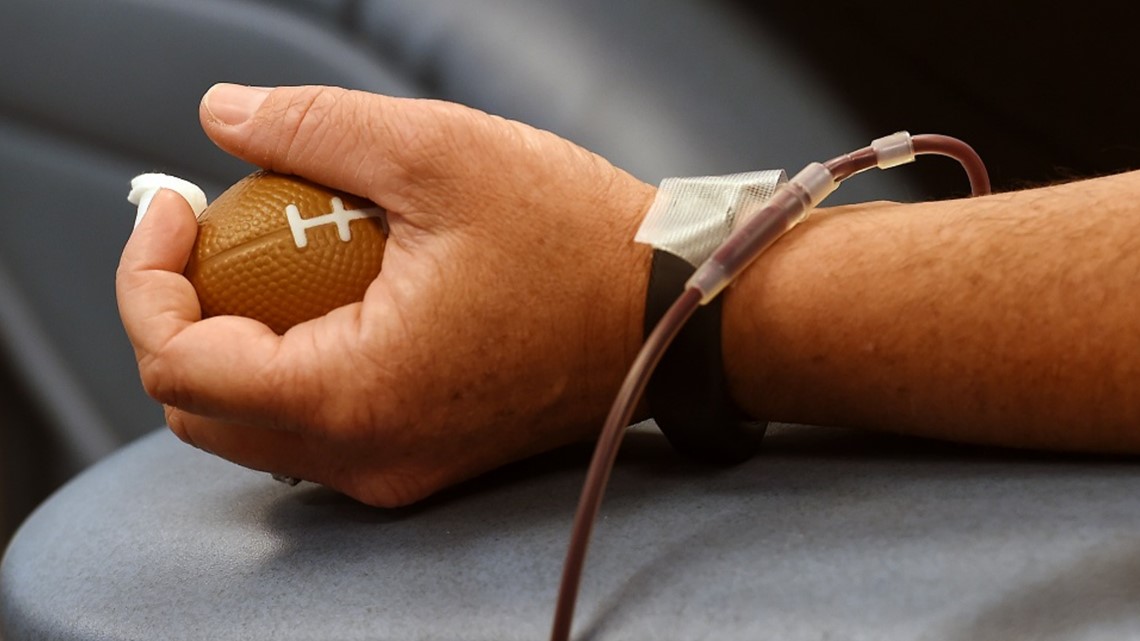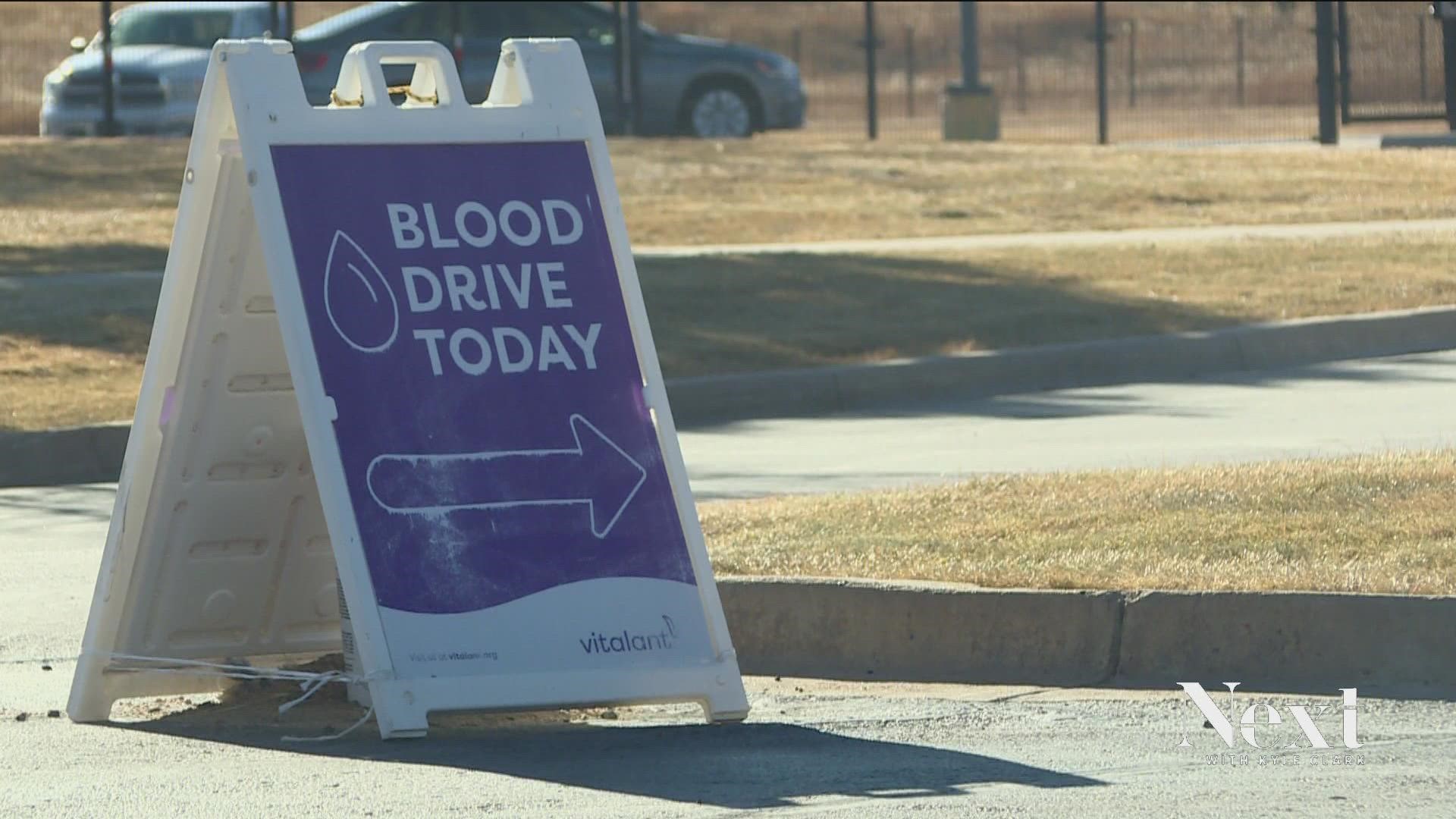COLORADO SPRINGS, Colo. — When an LGBTQ nightclub was attacked in Colorado Springs, countless members of the gay community were excluded from being allowed to help. Gay and bisexual men haven’t been allowed to donate blood for decades. Now, that could change.
The FDA says it’s considering changing its policy for blood donation. It would determine who’s eligible based on individual risk as opposed to blanket denials for entire groups of people.
"Club Q, Pulse before that, any of the other number of mass shootings that happen daily in the United States are a reminder that we can’t give back, and we can’t help, and we can’t donate blood to help the lives of our friends and neighbors," said Brandon Zelasko, who's advocated for gay men to be able to donate blood for years.
Current FDA rules say gay and bisexual men are not allowed to donate blood within three months of having sexual contact with another man.
In a statement Thursday, the FDA told 9NEWS in part, "The FDA remains committed to evaluating alternatives to the time-based deferral policy by helping to facilitate the generation of the scientific evidence that might support an individual risk assessment-based blood donor questionnaire."
The largest blood donation organization here in Colorado, Vitalant, supports the change as well.


"Vitalant is an advocate for policies that allow as many people as possible to have the chance to give blood and contribute to a safe blood supply regardless of sexual orientation. Vitalant is the lead investigator in an FDA-funded pilot study called ADVANCE that will provide necessary data to the FDA for considering changes to blood donor eligibility for gay and bisexual men," they said.
The organization took 70 units of blood to the victims of Club Q.
Blood is tested to make sure it’s safe, and technology to do that has advanced significantly since the 1980s, when this rule was put in place during the AIDS epidemic.
Zelasko said the changes are a good first step.
"I think the change that the FDA is recommending is a step in the right direction, but I don’t think it’s something necessarily to celebrate yet," he said. "The fact that gay men are still the only ones that are going to be asked to complete this screener for our risk assessment, that’s not based on science, it’s based on stigma."
We still don’t know specifics of the plan or if they would only screen certain groups of people to determine risk. Zelasko hopes the next time people are in need, he’s allowed to help.
"It’s painful because we can’t help our community," Zelasko said. "And not just our community, we can’t help our neighbors, our friends, we can’t help other people in need too."
"It’s painful because we can’t help our community," he said. "And not just our community, we can’t help our neighbors, our friends, we can’t help other people in need too."
SUGGESTED VIDEOS: Next with Kyle Clark

